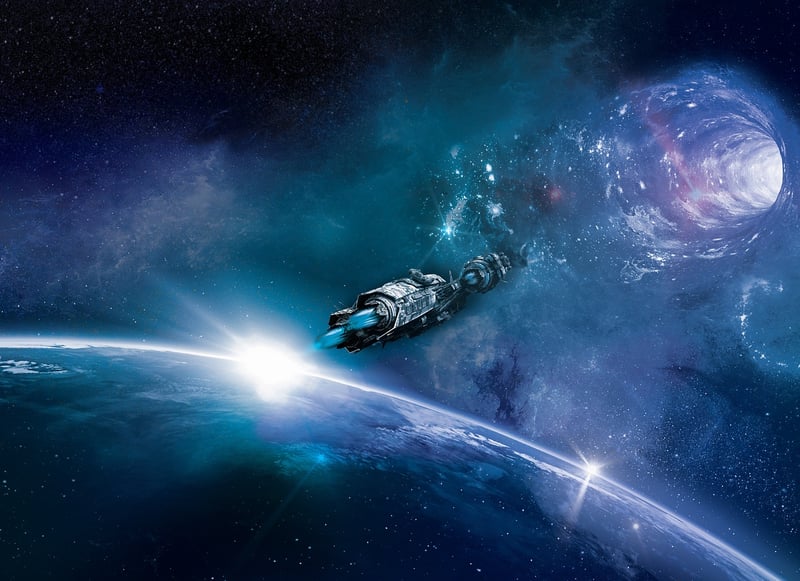Temporal Paradoxes
The Science Behind Time Travel and Temporal Paradoxes
Time travel has been a popular topic in science fiction for decades, but is there any scientific basis behind this intriguing concept? Let's delve into the fascinating world of time travel and explore the theories, paradoxes, and possibilities that come with it.
Understanding Time Travel
Time travel refers to the concept of moving between different points in time. In physics, time is considered the fourth dimension, with the other three being spatial dimensions. The idea of time travel is closely related to the theory of relativity, proposed by Albert Einstein, which suggests that time can be experienced differently depending on the relative motion of an observer.
Theories of Time Travel
There are several theories that explore the possibility of time travel, including:
- Einstein's Theory of General Relativity
- Wormholes and Black Holes
- Time Dilation
Temporal Paradoxes
One of the most intriguing aspects of time travel is the concept of temporal paradoxes. These paradoxes arise when the past is changed in a way that is inconsistent with the present. Some well-known paradoxes include:
- The Grandfather Paradox
- The Bootstrap Paradox
- The Predestination Paradox
Image: Illustration of a Wormhole

Possibilities and Limitations
While the idea of time travel is fascinating, it also comes with various limitations and challenges. The laws of physics, causality, and the potential for creating paradoxes present significant hurdles to overcome. Despite these obstacles, the concept of time travel continues to capture the imagination of scientists and storytellers alike.
